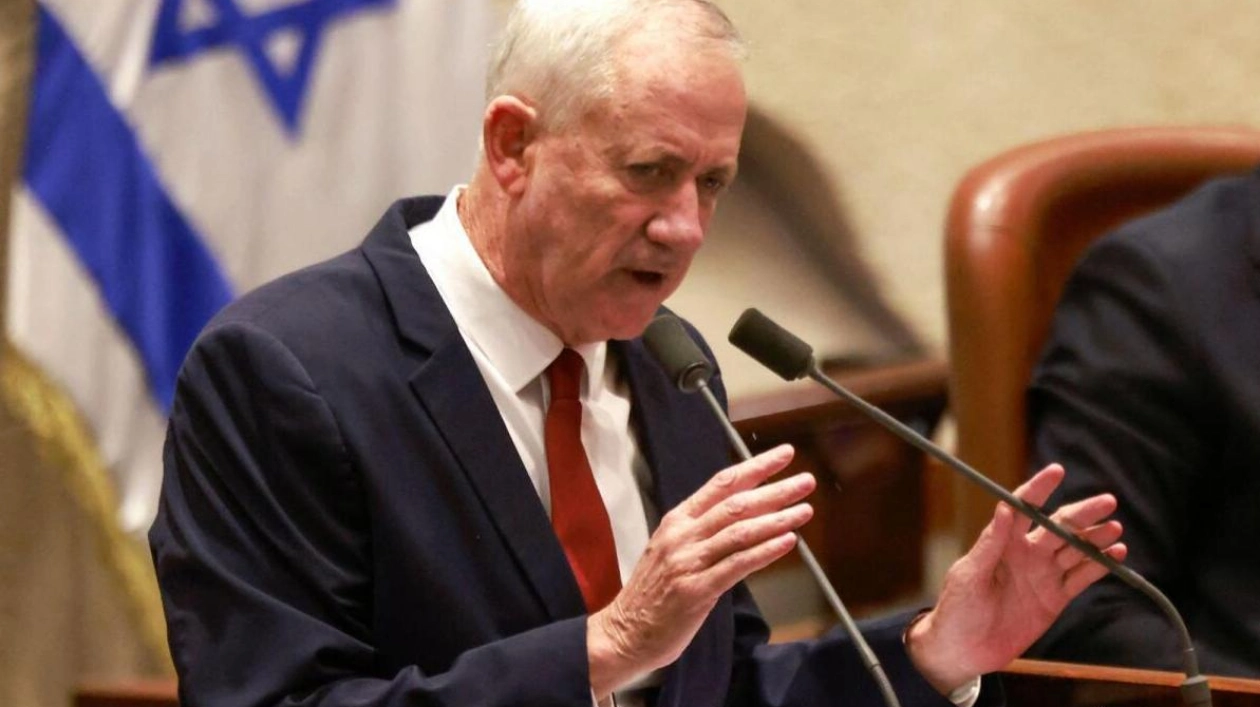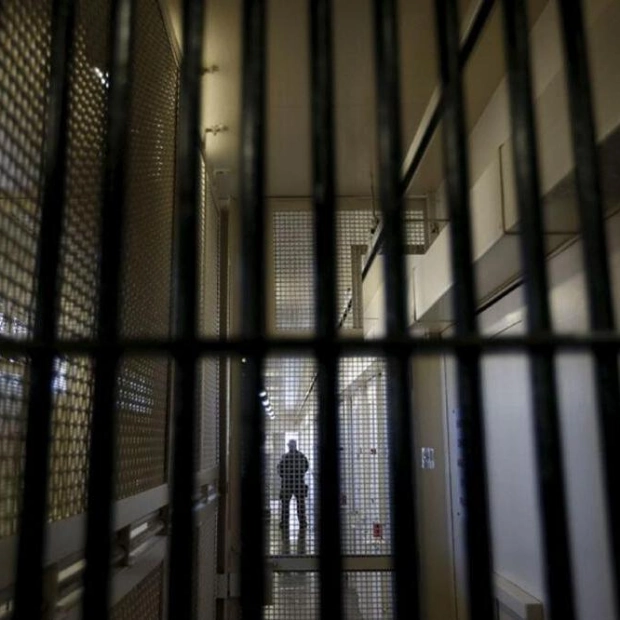Israeli war cabinet minister Benny Gantz resigned from Prime Minister Benjamin Netanyahu's government on Sunday (June 9), intensifying domestic pressure on the Israeli leader amidst the ongoing conflict in Gaza. The former general and defense minister stepped down from the emergency body after Prime Minister Netanyahu failed to approve his post-war plan for Gaza, which Gantz had demanded in May. Although Gantz's departure from the centrist party is not anticipated to cause the government's collapse, which is a coalition of religious and ultra-nationalist parties, it signifies the first significant political setback for Netanyahu during the eight-month war against Palestinian Hamas militants. Gadi Eisenkot, another former army chief and a member of Gantz's party, also left the war cabinet, reducing its members to three. The war cabinet is responsible for all major decisions concerning the conflict. Gantz stated, 'Netanyahu is hindering us from achieving a genuine victory. Hence, we are leaving the emergency government today with a heavy heart.' He urged Netanyahu to 'set an agreed election date. Do not let our people be divided.' Netanyahu promptly responded, 'Benny, now is not the time to abandon the fight – it's the time to unite our efforts.' On Saturday, shortly after Israeli forces rescued four hostages from Gaza, Netanyahu had appealed to Gantz not to resign. Gantz, a former army chief and one of Netanyahu's primary rivals before joining the war cabinet, had persistently advocated for a deal to secure the release of all hostages, making it a 'priority.' Despite no imminent threat to Netanyahu's government, Gantz's exit removes the sole 'moderate element' from the overall coalition, according to political analyst Mairav Zonszein. She noted, 'Netanyahu will now be left with only the far-right ministers, and their role remains to be seen.' Netanyahu is already facing mounting pressure from his far-right coalition partners who have threatened to leave the government if he proceeds with a hostage release deal proposed by US President Joe Biden last month. Ben Gvir and Smotrich have insisted that the government should not engage in any deal and should persist with the war until Hamas is destroyed. The coalition governs with a narrow majority of 64 out of 120 seats in the Israeli parliament, relying on far-right votes.

Text: Lara Palmer
11.06.2024
Former General's Departure Adds Pressure on Netanyahu's Coalition During Ongoing War with Hamas





